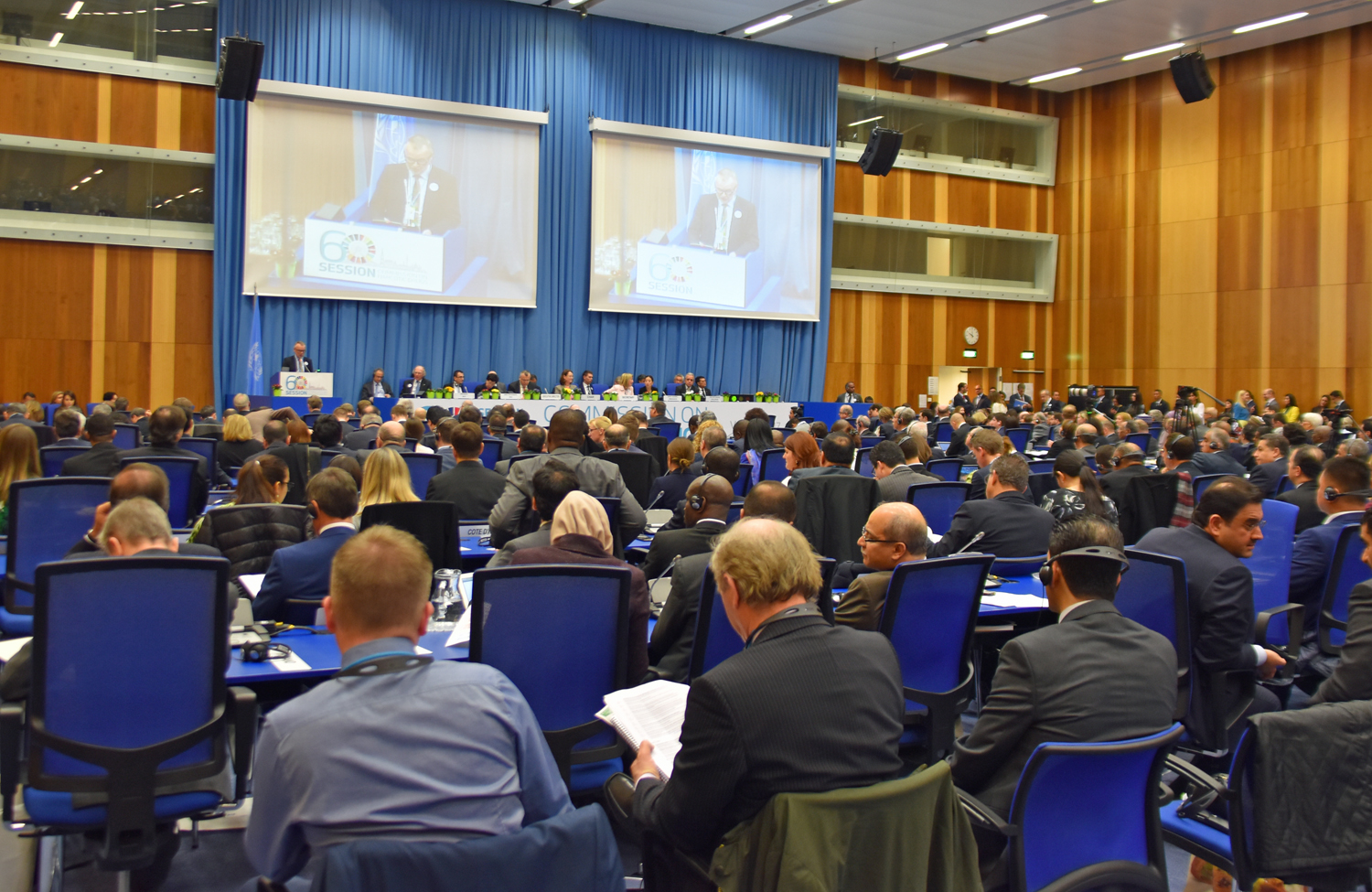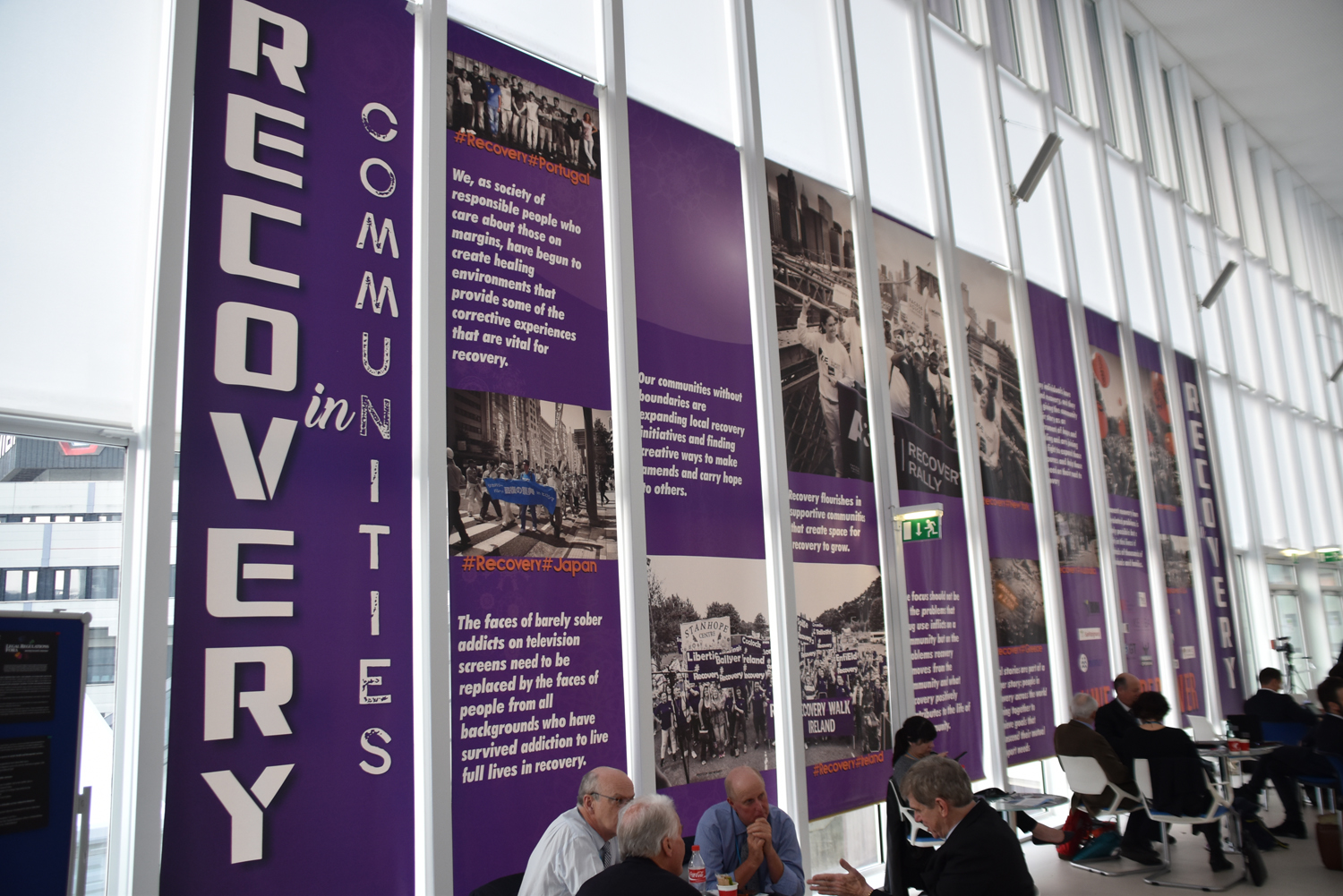Drug Policy Futures:
Ten steps for successful national action on drugs
Drug Policy Futures, a global NGO network of more than 300 affiliates, urges UN member states on to focus on ten action areas for better drug policies. These steps, if well-implemented, will greatly improve national drug policies and yield to a substantial reduction in drug-related harms.
 At the 60th Session of the UN Commission on Narcotic Drugs (CND), the Drug Policy Futures network presented ten selected steps that they urge governments to take in order to translate all the good intentions from the UNGASS conference last year into practical action.
At the 60th Session of the UN Commission on Narcotic Drugs (CND), the Drug Policy Futures network presented ten selected steps that they urge governments to take in order to translate all the good intentions from the UNGASS conference last year into practical action.
The document “Ten steps for successful national action on drugs” can be downloaded here.
“We don’t need more words, documents, or commissions. We need action. Member states and civil society organizations from all over the world should use the years leading up to the next milestone in 2019 for one thing: action implementation at the national and local level”.
The NGOs point to the UNGASS Outcome Document that provides a comprehensive menu for a broad, balanced and effective drug policy, based on public health, human rights and the three international drug conventions.
In the CND session in Vienna in March the Drug Policy Futures also presented thematic papers that explain more in detail the network’s approach to three selected issues:
- Effective prevention methods are ready for implementation
- Recovery and social integration
- Proportionality in reactions to drug-related crime
These thematic papers also present concrete actions that governments could take. Click on the titles to download the documents in pdf versions.
The ten recommended actions areas by Drug Policy Futures are:
- Reduce drug use prevalence
- Mobilize a million communities
- Prioritize early intervention and assistance to vulnerable groups
- Offer treatment, rehabilitation, and harm-reduction alternatives
- Organize local support systems after specialized treatment
- Programmes for better parenting
- Support self-help groups for drug users and those in recovery
- Support alternative development
- Develop and implement alternatives to incarceration
- Implement the principle of proportionality in sanctions
The picture below shows the exibition on recovery from drug use, presebed by the Recovered Users Network.

RELATED ARTICLES
- Children and youth first!
- Amplifying the voice of the silent majority
- Empowerment of children is key in drug prevention
- World Drug Report 2017 is here
- International protests against drug-related killings in the Philippines
- Report from WHO on effects of nonmedical cannabis use
- UNODC: International Standards on Drug Use Prevention
- A comprehensive menu for reducing drug-related harm
- Prevent drug problems, don't promote them
- FORUT representative to speak at UNGASS

